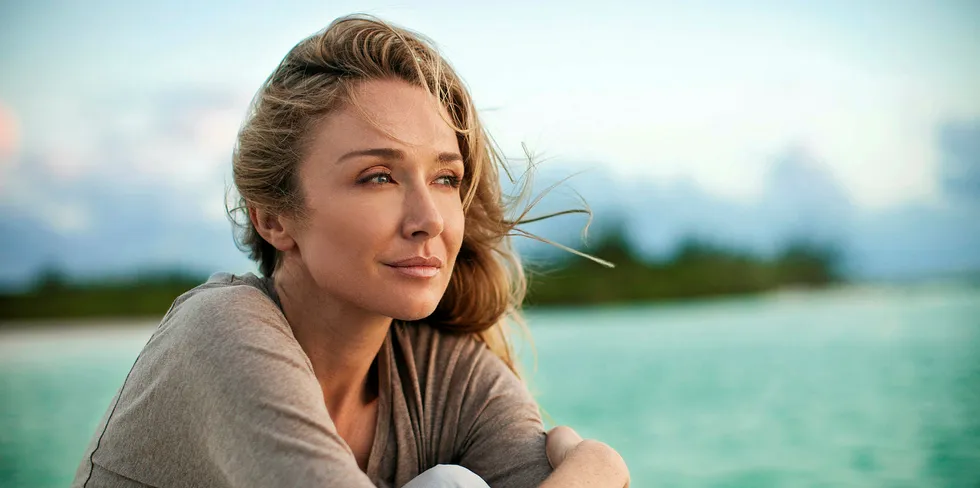Jacques Cousteau's granddaughter: 'I fully support aquaculture done right'
The granddaughter of famed French oceanographer Jacques Cousteau shares her thoughts on the future of aquaculture.

The granddaughter of famed French oceanographer Jacques Cousteau shares her thoughts on the future of aquaculture.
